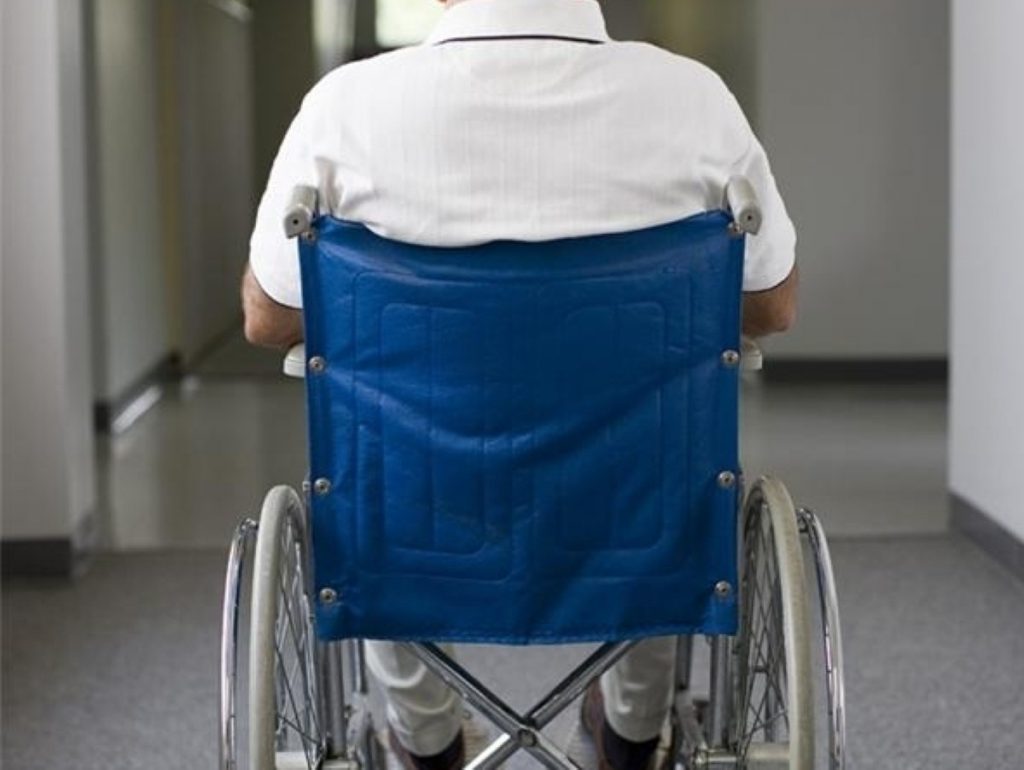Social care ‘as important as NHS’
By Laura Miller
Over three quarters of British adults rate social care as importantly as the NHS, a survey has revealed.
Eighty-six per cent adults would favour an increase in public spending in the sector if it was used to make sure everybody who needs social care gets it, the Leonard Cheshire Disability charity survey revealed.
“Social care is so much more than just personal care, it’s about living,” said John Knight, assistant director of policy and campaigns for the charity, which helps provide services in support of disabled people in the UK.


“It can give disabled people much-needed freedom to live the life they want to lead – freedom that many people simply take for granted,” he said.
Today the organisation, which helps disabled people in 52 countries, launched its Social Care Matters campaign, aimed at making the government ensure no one is left without the support they need because they can’t afford to pay for it.
Sarah Smith, 38, from the West Country, has spina bifida and hydrocephelis. Under the government’s direct payments scheme she has been allocated enough money to socialise outside her care home for a maximum of three hours a week.
She said she feels “trapped” by the system.
“I really don’t have a proper life. It is so lonely. I can only go out with the support worker on a Wednesday afternoon, even if I would rather go shopping on another day,” she said.
“You do not have spontaneity as a disabled person. You just have to slot in. You don’t have choices; you just have to accept it as the way it is.”
Social services is the largest, and most costly, area of local government, spread across health and well-being, parental care, over 50s, disabled people, carers, and home and community services.
But increased costs and reduced funding mean many local authorities are forced to limit the social care they provide, denying thousands of disabled people essential basic support.
“Social care should be as high on the government’s agenda as the NHS,” said Mr Knight. He blamed tightening budgets on “more and more disabled people.slipping through the net.”
In England in 2006-07, over a quarter of working age disabled people who applied for social care were not offered any support, according to figures released by the charity, yet only 16 per cent of people questioned for the survey believed they would have to pay for their entire social care costs.
Gordon Brown has faced harsh criticism in recent months over several high profile cases of failures in the social care system, mainly in children’s and young peoples’ services.

